Activity trackers are popular these days, and there's no bigger brand in the space than Fitbit. While activity trackers are mainly used by adults, there's a growing number of them designed just for kids along with models that are suitable for older kids to wear. The newest model for young ones is the Fitbit Ace 3, which offers some simple yet meaningful updates over the previous-generation Ace 2, making it the best kids Fitbit you can get. But depending on how it will be used, there are other Fitbits worth considering, too.
Best Overall: Fitbit Ace 3
Fitbit's latest device, this one is designed specifically for kids aged 6 and older. As an update to the previous-generation Ace 2, the main upgrades include longer battery life at up to eight days versus five, more animated clock face characters that change and grow as the child works toward reaching their daily goals, and new modes, like do not disturb, sleep (which halts notifications and dims the screen), and water lock, which deactivates buttons in wet environments (it's swim-proof).
These might sound like insignificant updates, but my 9-year-old son, who has been wearing the Fitbit Ace 2 for two years, fell in love with the Ace 3 as soon as he saw the various clock face options and the additional functions using the two side buttons and backlit touch screen.
Housed in a comfortable silicone band with an adjustable and secure strap, and available in one size and in either black/red or blue/green, the device tracks daily activity, including steps and detailed sleep data. Parents can choose to set things like bedtime reminders, reminders to move, and alarms (that wake the child up with gentle buzzing) while kids can activate a timer or stopwatch and see virtual badges and other key stats on their wrist and in the Kid View app. Parents, meanwhile, can monitor and adjust settings in the Parent View of the app.
With a variety of interchangeable band options inevitably coming out for this new tracker, including upcoming Minions-themed designs, the Ace 3 is easily the best Fitbit for kids.
Pros:
- Lots of personalization features
- Kid-friendly design
- Tracks only the basics
- You can swim with it
Cons:
- Not ideal for older kids
- Can't download apps
- Greyscale screen
Best Overall
Fitbit Ace 3
Perfect for little ones
It's the right size and with the right mix of features to meet the needs of kids aged 6-12 while parents can keep track in the app.
Best for Young Kids: Fitbit Ace 2
A perfect option for young kids aged 6-12 if you're pinching pennies, the Ace 2 doesn't disappoint. As mentioned, my now 9-year-old has been wearing this tracker for two years and loves it. It offers everything you get in the Ace 3 but with only a few clock face options and a single side button for selecting items on the tiny greyscale touchscreen. It also needs to be charged more frequently with five-day battery life, though that's still pretty decent.
Available in blue/yellow, watermelon/teal, or grape with interchangeable band options, it, too comes with a silicone band and adjustable strap to keep it secured to little wrists. Parents can set it up using the Fitbit app, connected to their own account as part of the Family Set-up. Then, kids can see the Kid View while parents can manage settings in the Parent View, including notifications, reminders to move, bedtime reminders, active minute goals, and alarms.
It's totally swim-proof (my son has been in water of all kinds and it's still going strong) and includes the timer and stopwatch along with sleep tracking and virtual badges when kids accomplish goals. It's a solid choice. If you're looking for an affordable Fitbit activity tracker for a kid and can find an Ace 2 for a deep discount, it's worth getting. Otherwise, with only a minimal difference in price, the new Ace 3 is the way to go.
Pros:
- Simple, kid-friendly design
- You can swim with it
- Tracks online the basics
Cons:
- Battery doesn't last as long
- Not a lot of personalization options
Best for Young Kids
Fitbit Ace 2
Keep kids moving
It's great motivation for kids to get moving and stretching while parents can keep an eye on not just activity but also sleep.
Best for Active Older Kids: * Fitbit Charge 4 *
Technically, the Fitbit Charge 4 isn't designed for kids – it functions as a full-fledged Fitbit device that is used with the full Fitbit app dashboard. But for active older kids with bigger-sized wrists, it is an option worth considering.
It's ideal for active kids with features like built-in GPS and 24/7 heart rate tracking, perfect if you go for runs, walks, or bike rides as a family, for example, and you want to have some friendly competition or just be able to keep track of the route. The GPS provides real-time pace and distance details and can come in handy as a useful safety feature as well, since it tracks walking or running routes.
Additionally, the feature-rich swim-proof tracker offers detailed sleep tracking, Sp02 monitoring, skin temperature variations, breathing rate, calorie burn, floor climbs, menstrual health, active zone minutes while exercising, SmartTrack Automatic Exercise Recognition, and 20+ goal-based exercises.
Kids will also get reminders to move, can do guided breathing sessions when they need to take a break and de-stress, can control Spotify tunes, make small amount mobile payments with a connected credit card, and enjoy an up to seven-day battery life. There are customizable clock faces for the greyscale touchscreen, which can display stats as well as phone notifications. And the Do Not Disturb mode can come in handy while the child is in class.
Pros:
- Built-in GPS for pace and distance tracking without a phone
- Can control music
- You can swim with it
- Lots of features for monitoring activities
Cons:
- Only works best if child has a phone
- Not suitable for younger kids
Best for Active Older Kids
Fitbit Charge 4
Fun family competitions
Grab this tracker for your older child and the entire family can get in on the fun, going for walks, runs, and bike rides together.
Best for Discreet Design: Fitbit Flex 2
For kids who don't want to show off a big, shiny activity tracker on their wrist, but still want to have one, the Flex 2 is the perfect compromise. It's super slim and lightweight (seriously, it's just 31.7 x 8.9 x 6.8 mm in size!) and can fit in an equally thin band, stylish bangle, or even a pendant so it disguises as a bracelet or other piece of jewelry.
But it still offers plenty of robust tracking, including daily activities and sleep-specific exercises with SmartTrack automatic recognition, calories burned, active zone minutes, hourly activity, stationary time, and more. You can also set reminders to move and get call and text message notifications through buzzing and color-coded lights.
Indeed, this is the only tracker on the list that doesn't actually have a screen: instead, it has a series of LEDs that run down the front. They illuminate and flash in various sequences and colors so you know the difference between incoming calls, texts, silent alarm, reminders to move, and the celebration of meeting a goal. The lights also show your progress throughout the day. It's the simplest option for older kids who want something that doesn't stand out but can still get the job done. It comes in black, blue, pink, or grey and is totally swim-proof.
Pros:
- Can wear it many ways
- Unobtrusive design
- No distracting screen
- You can swim with it
Cons:
- No built-in GPS
- No actual screen
- Must memorize patterns/colors of LEDs and what they mean
- Battery doesn't last as long as others
- Expensive
Best for Discreet Design
Fitbit Flex 2
Tracker in disguise
The only tracker on this list without a screen, the simple and discreet design is just as much for fashion as health and wellness.
Best for Active Kids with Phones: Fitbit Versa Lite
When considering tweens and teens who have been awarded the privilege of owning their own smartphone, this is where a more feature-rich smartwatch like the Versa Lite can come in handy. While it's a pared-down version of the Versa, it still packs a ton of great features that older kids will find valuable, especially busy and active older ones.
Like the others, it tracks daily activity and sleep, heart rate, female health, active zone minutes, and even gives you a cardio fitness score. Kids also get notifications from apps and their smartphones so they can keep on top of what's going on and avoid picking up their phone constantly to see if it's an important message or just another Instagram "like." For times when they need to relax, like before a big test or exam, there are guided breathing sessions. And when they want to get in a good workout, there are 20+ goal-based exercises along with SmartTrack that can automatically sense various activities and start logging them for you.
Kids can set personalized reminders for things like activity (to remind them to put down the textbooks and stretch at least once an hour while studying or working on a big report, for example), sleep (reminders to go to bed at the appropriate time), and water (it's important to keep hydrated at any age!) They can also activate Do Not Disturb mode when in class and connect to wireless headphones when enjoying solitary downtime.
Water-resistant down to 50 meters like the others, it has the largest touch screen that is also hi-res and color and permits access to a variety of apps and customizable clock faces, including ones you can download from third parties. However, its battery only lasts for four days and it could be even less with more feature-rich clock faces. It comes in four colors with, like the others, the option to swap out the band for another one you can buy separately.
Pros:
- You can swim with it
- Plenty of ways to customize
- Access to apps
- Connects to wireless headphones
- Large, high-res color screen
Cons:
- No built-in GPS (just connected)
- Short battery life
- Might be more than necessary for a child
Best for Active Kids with Phones
Fitbit Versa Lite
Teenager-approved
In addition to tracking activity and other health stats, kids can also get important phone notifications and access apps.
Best for Kids Who Play Sports: Fitbit Inspire 2
If your child plays a lot of organized sports, whether it be something like soccer or football, swimming or track, the Inspire 2 might be the most suitable option. Along with being able to track 20+ different exercises and sports, along with SmartTrack to automatically detect a few common ones, it has connected GPS (which requires a phone) to provide real-time pace and distance information.
As they engage in their sports and other activities, the older child will receive 24/7 heart rate data as well as be notified of Active Zone Minutes throughout the day. Plus, the Inspire 2 comes with a one-year trial to the Premium service, providing additional insight into health and wellness as well as personalized guidance, on-screen workouts and coaching, and more.
Kids will love the quick pairing to their smartphone via Google Fast Pair along with call, calendar, and text notifications so they can keep on top of when school assignments are due or when the next practice is. The Inspire 2 also offers sleep tracking, reminders to move, do not disturb mode, swim-proof design, and a generous battery life of up to 10 days. Plus, it comes in basic black and white or an elegant rose finish with the option to change the clock face. For a child who wants premium activity tracking and some notifications but doesn't want a full-fledged smartwatch like the Versa, this is a perfect alternative.
Pros:
- You can swim with it
- Comes with a one-year trial to Fitbit Premium
- Google Fast Pair makes set-up simple
- Generous battery life
- Affordable
Cons:
- GPS only works when connected to phone
Best for Kids Who Play Sports
Fitbit Inspire 2
The sporty kid's companion
Older kids who play sports will especially love the activity, health, and sports tracking along with notifications.
Should You Buy a Fitness Tracker for a Child?
It's a hotly debated topic: Are fitness trackers appropriate for kids? Some naysayers believe that they can encourage issues relating to body image and make kids feel self-conscious while supporters are all for the motivation and encouragement they can offer. Especially at a time like now where kids are spending a lot more time at home or attending virtual school, and thus being sedentary in front of screens, maintaining a healthy level of physical activity is critical.
I fall into the latter camp. As long as a child is aware that they aren't being monitored to make sure they get their daily steps in nor are they being punished if they don't, an activity tracker can be a wonderful thing. My nine-year-old has never felt pressured to get his steps in but he feels excited when he does. From a parent's perspective, I find more value in the sleep data, which confirms when my son gets a good night's sleep and when he was restless, allowing me to connect patterns to things like too much screen time, not enough activity, later bedtime, and so on. When it comes to picking the best kids Fitbit, the Fitbit's Ace 3 is the best among the brand's line-up because it focuses on just the core stats: steps, steps per hour, and sleep. That's it. There's no calorie burn data, heart rate, or other data that could make especially sensitive kids feel self-conscious or unnecessarily worried. It has just enough fun features on its screen to excite kids but not too much that it could end up being distracting while they're in class or trying to fall asleep at night.
But the Ace 3 isn't really the best choice as you consider kids aged 13 and older, many of whom might own their own smartphone and are old enough to monitor their own stats and account, especially if they're athletic and play sports. In those cases, the Fitbit Inspire 2 offers good value for what you get. It's thin, has a small enough screen to show notification but not too big that it's a smartwatch. And the battery life is the best of the bunch.
But if you typically head out as a family to walk the local trail, go for a hike, or ride your bicycles together, the built-in GPS in the Fitbit Charge 4 makes it worth the extra bucks so your child can keep track of real-time pace, distance, and route without having to bring a phone with them, thus enjoying true screen-less family time.
When it really comes down to it, which Fitbit is right for your kid will depend on their age and how or why they'll be wearing it. While you're at it, consider a Fitbit tracker or smartwatch for yourself, too, so you can participate in healthy competitions with the entire family.
Credits — The team that worked on this guide
Christine Persaud resides just outside of Toronto, Ontario Canada with her husband and 9-year-old son. She has been a Fitbit user for 7+ years, having tried many of the brand's trackers over the years.
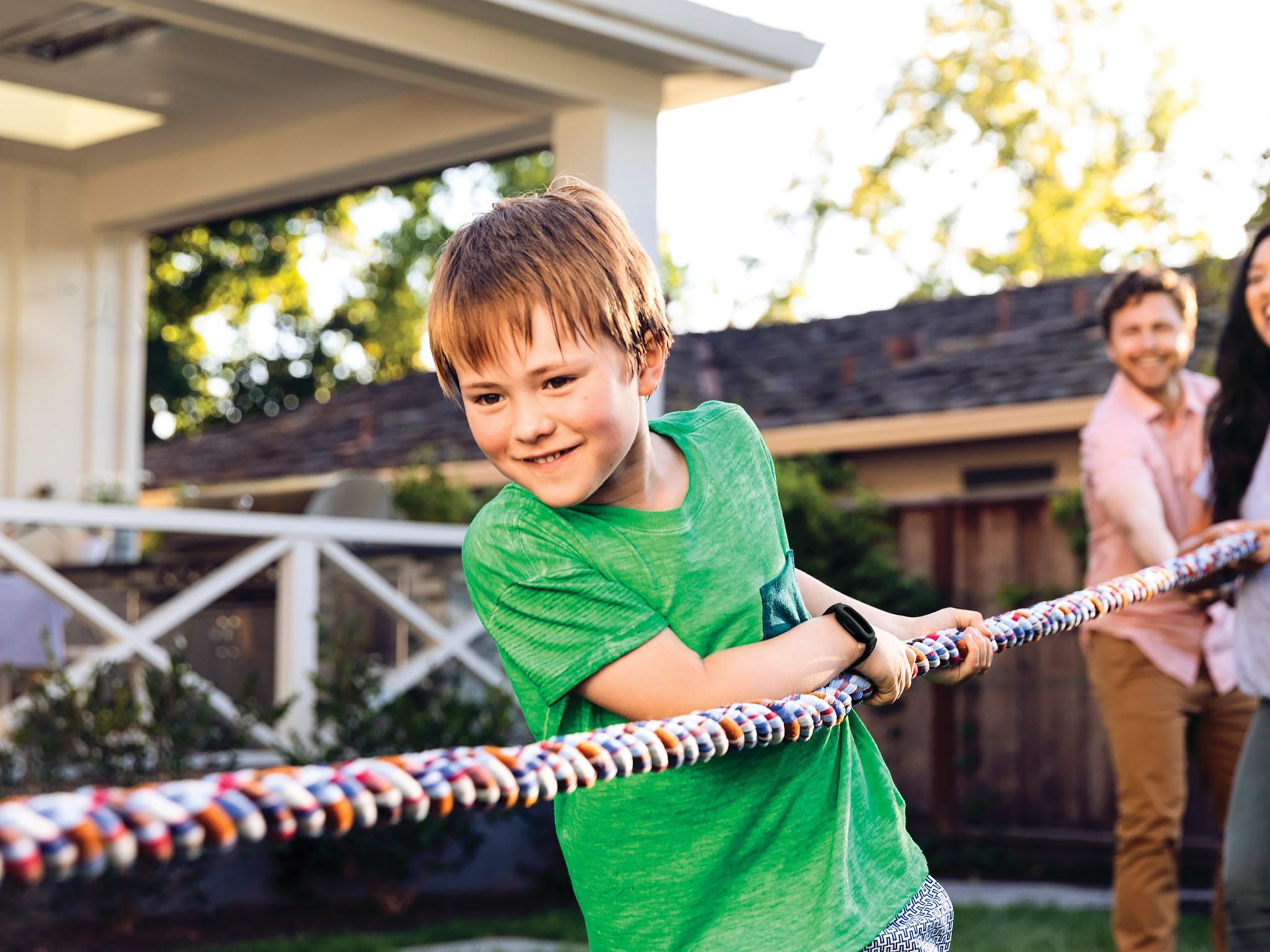
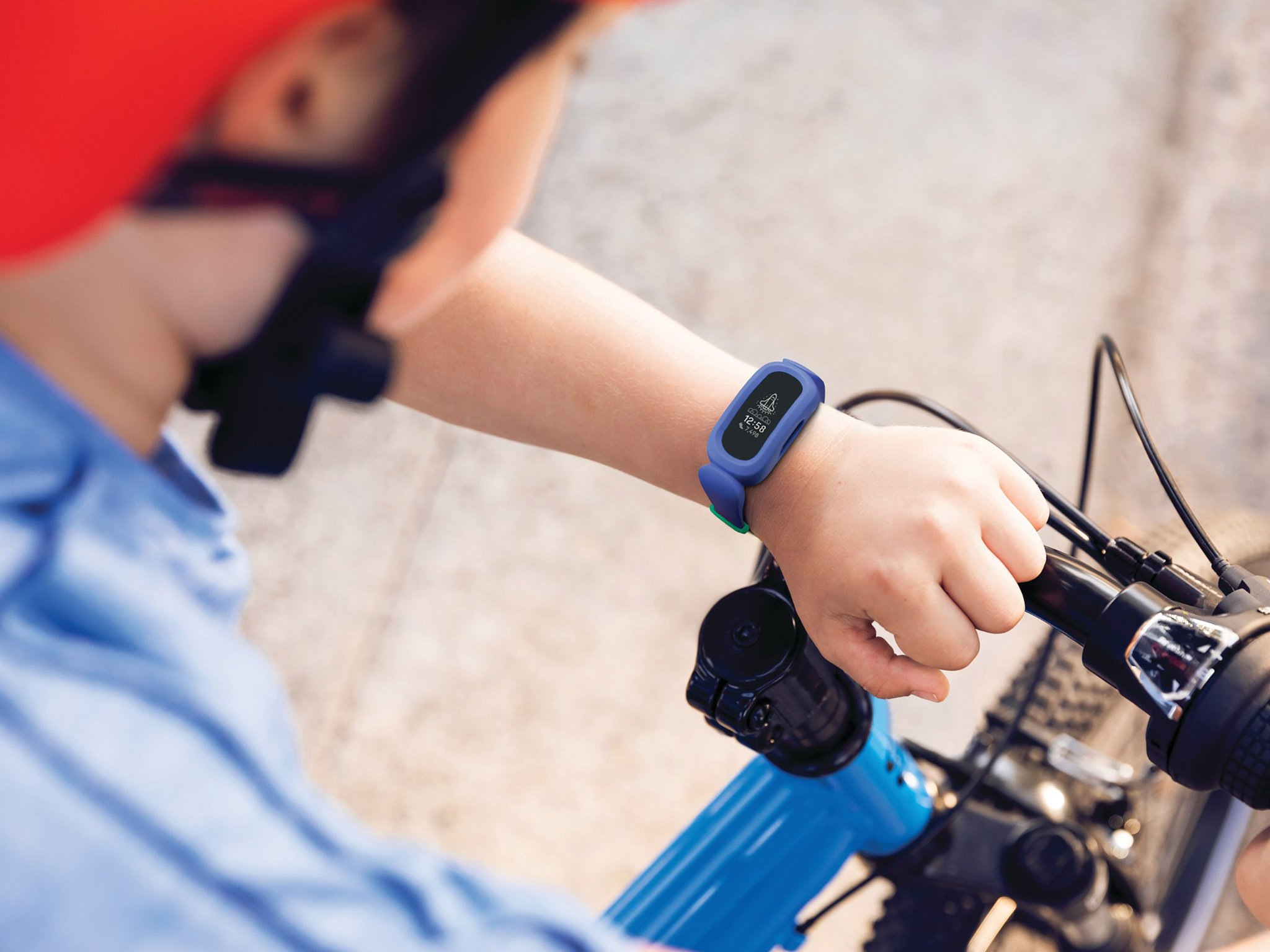
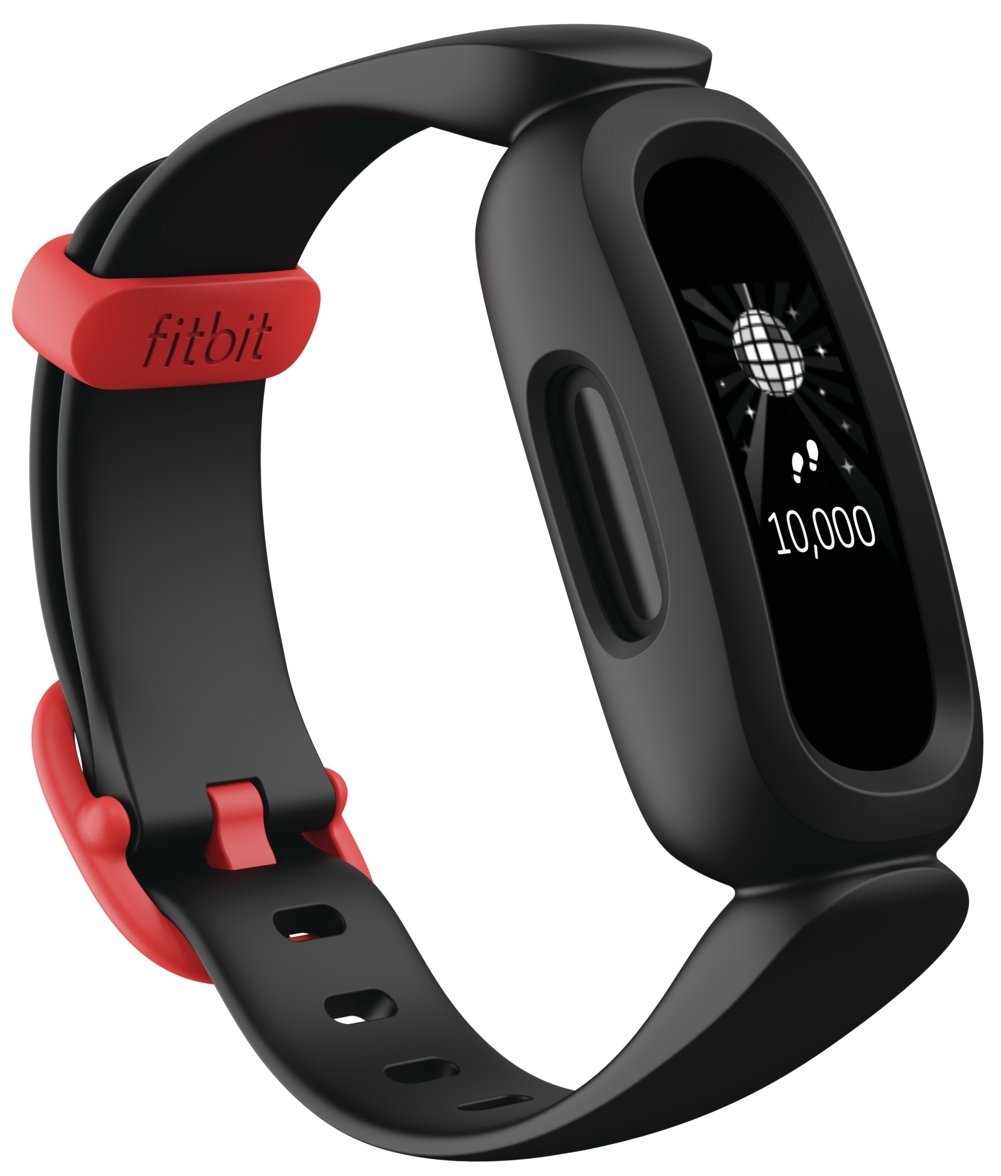
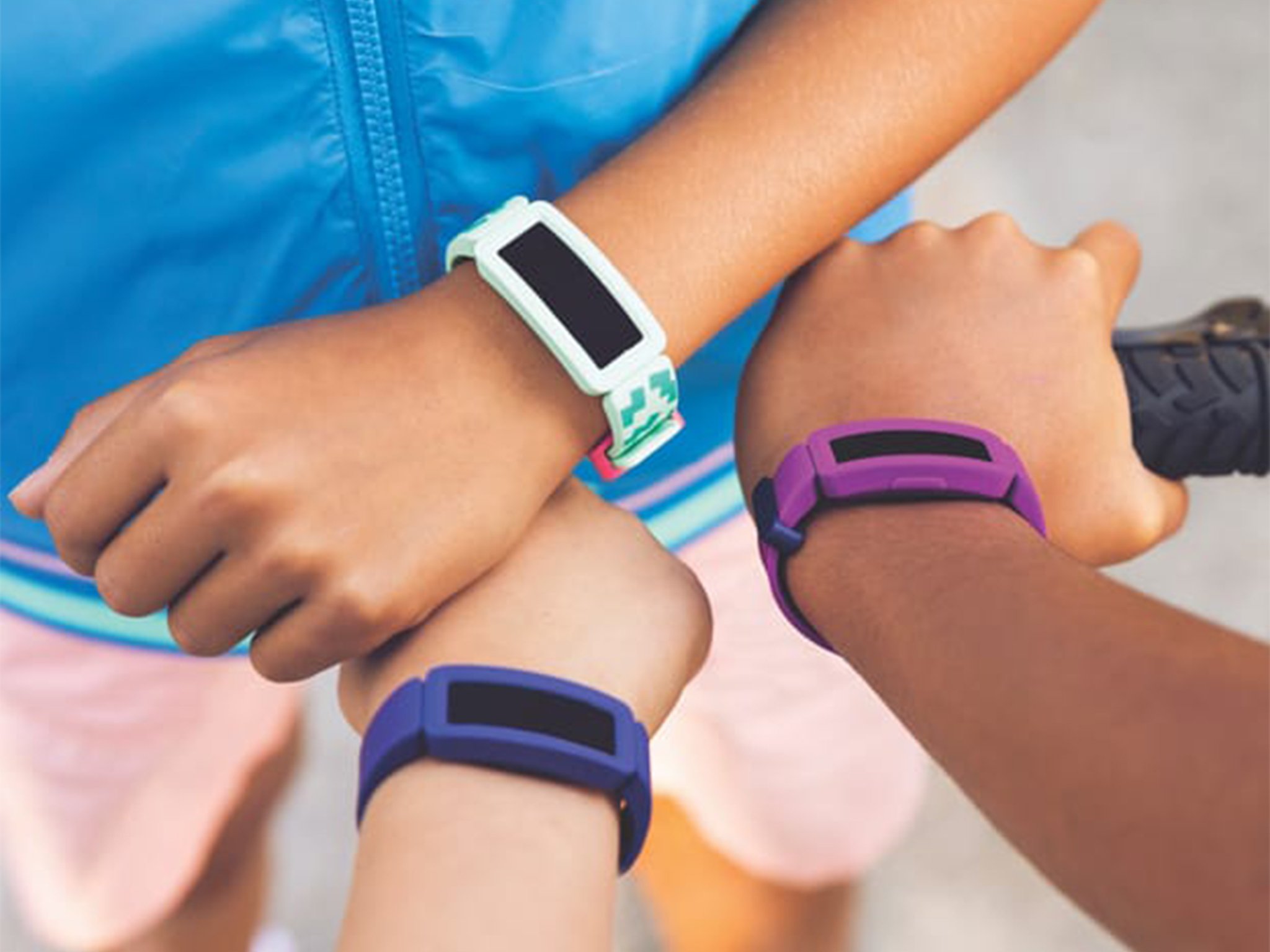


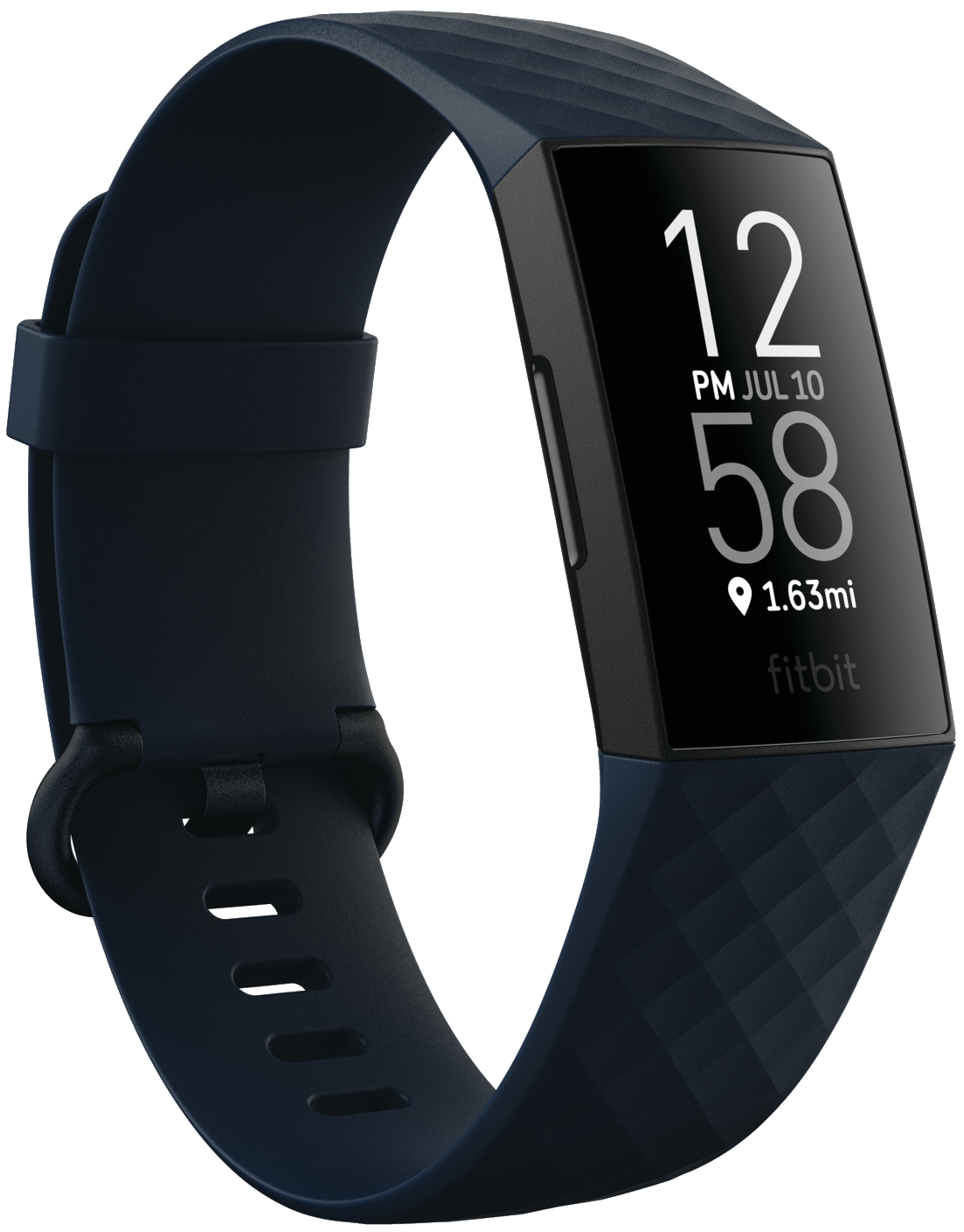
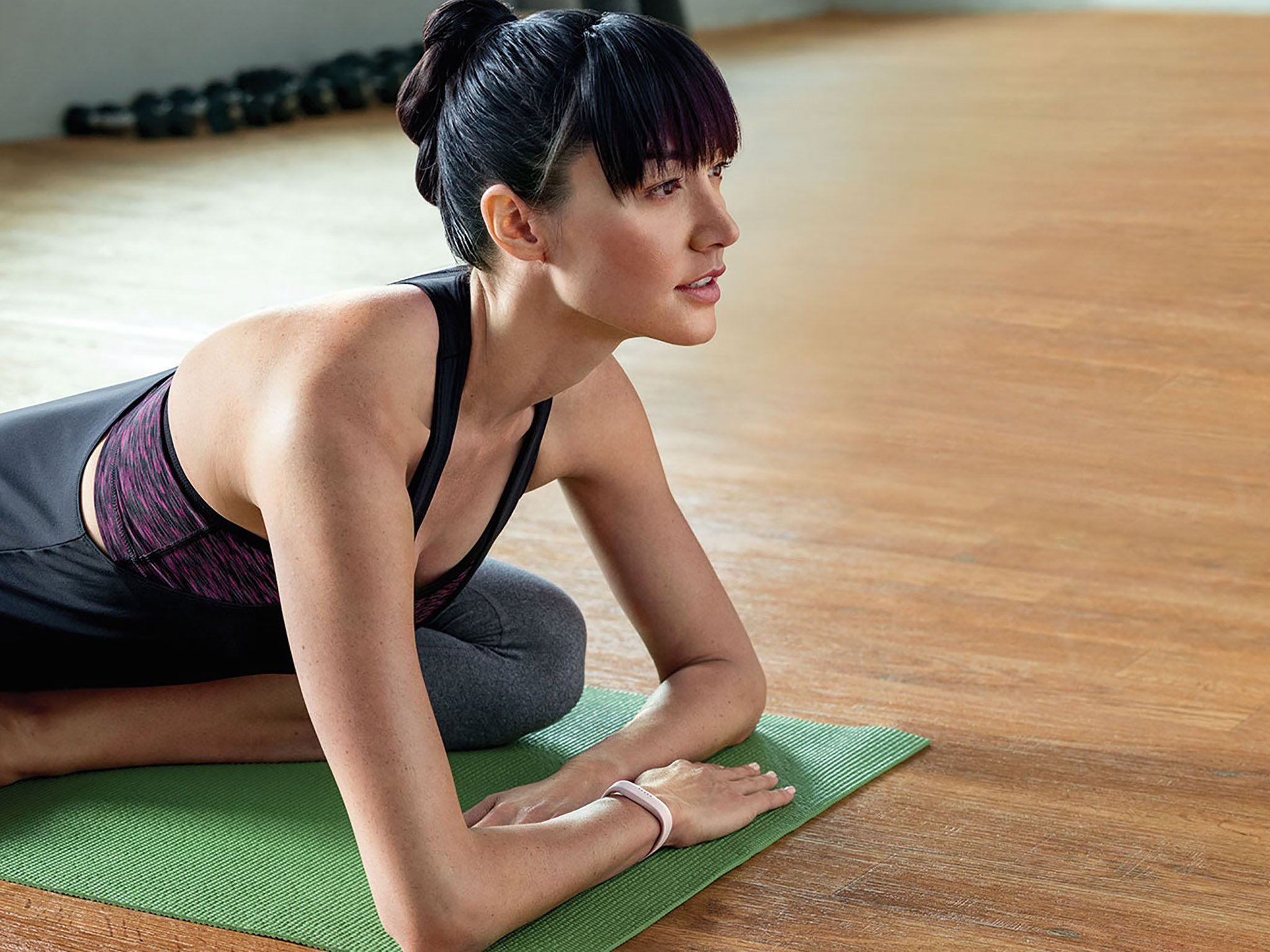
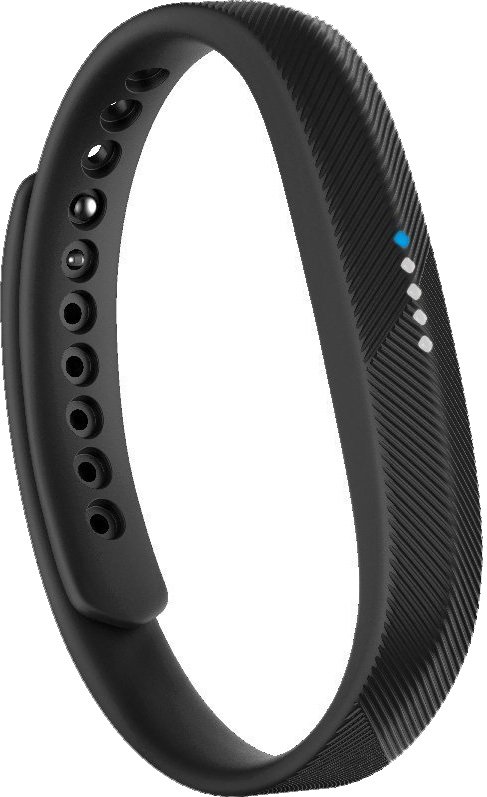
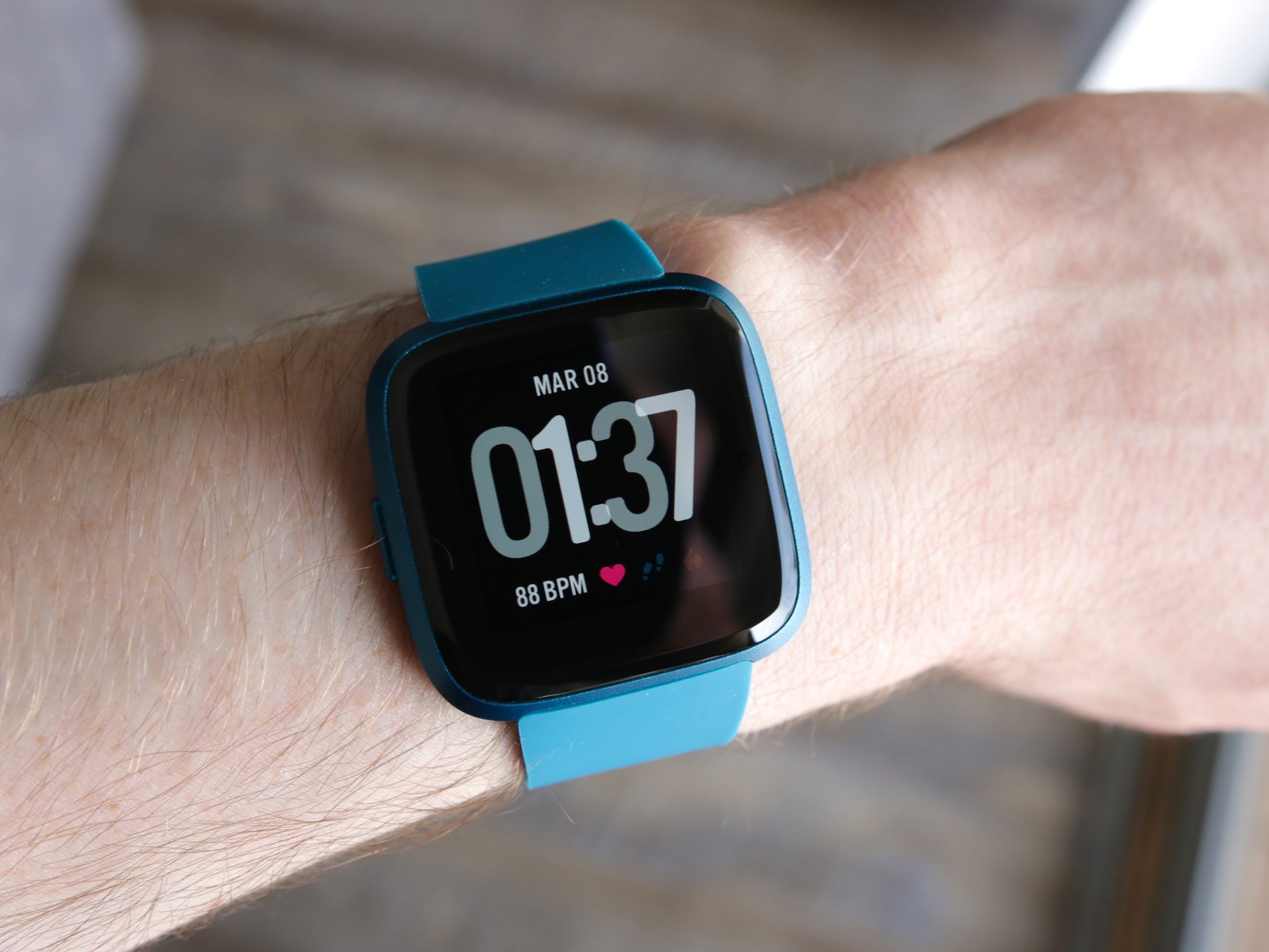
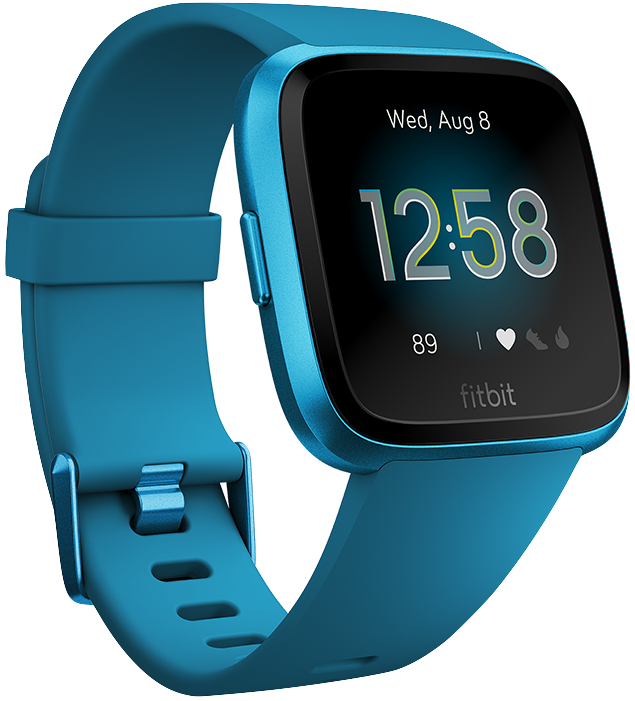
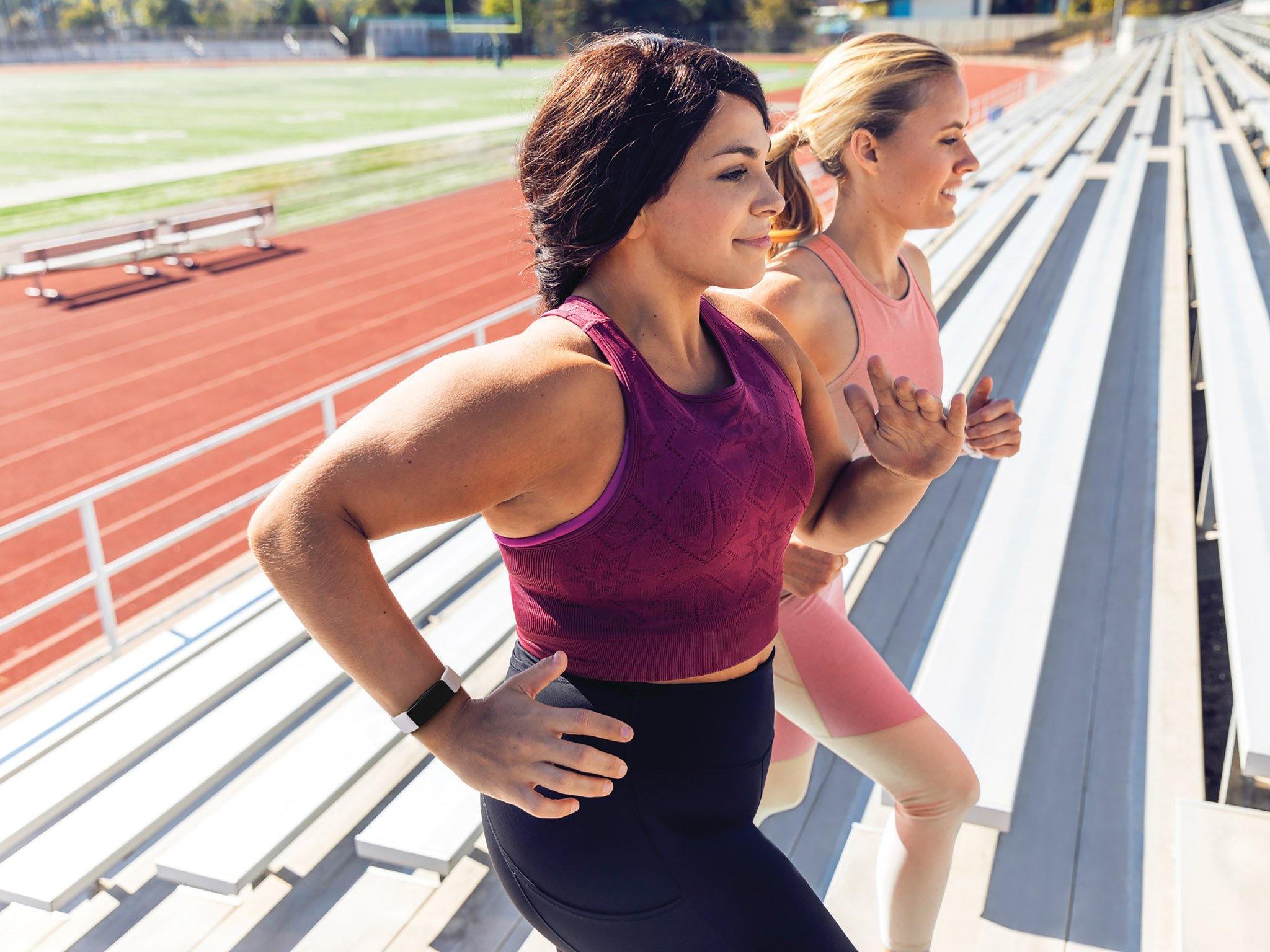
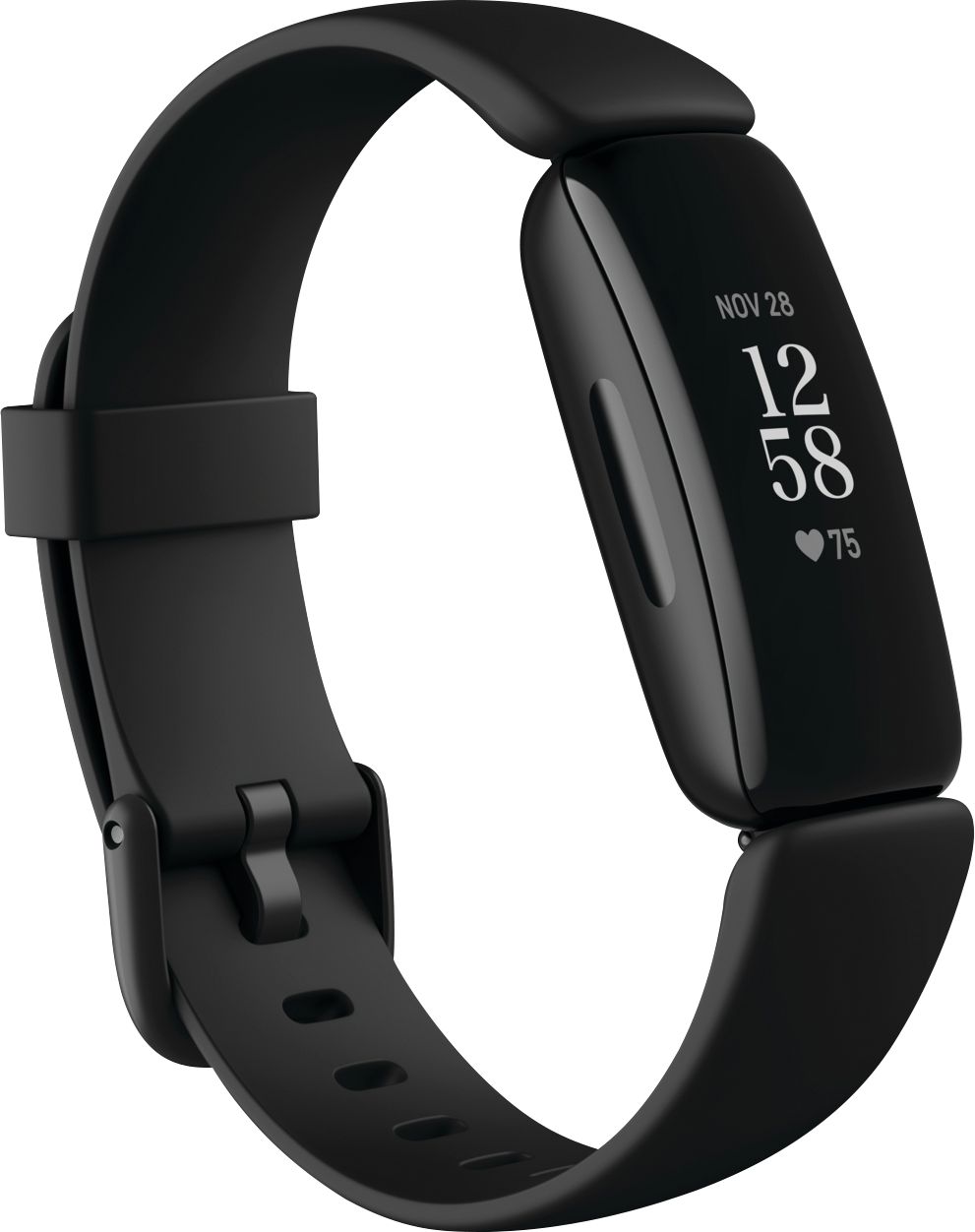

0 Response to "You Can See More: Here are the best Fitbits you can choose for kids of all ages in 2021"
Post a Comment